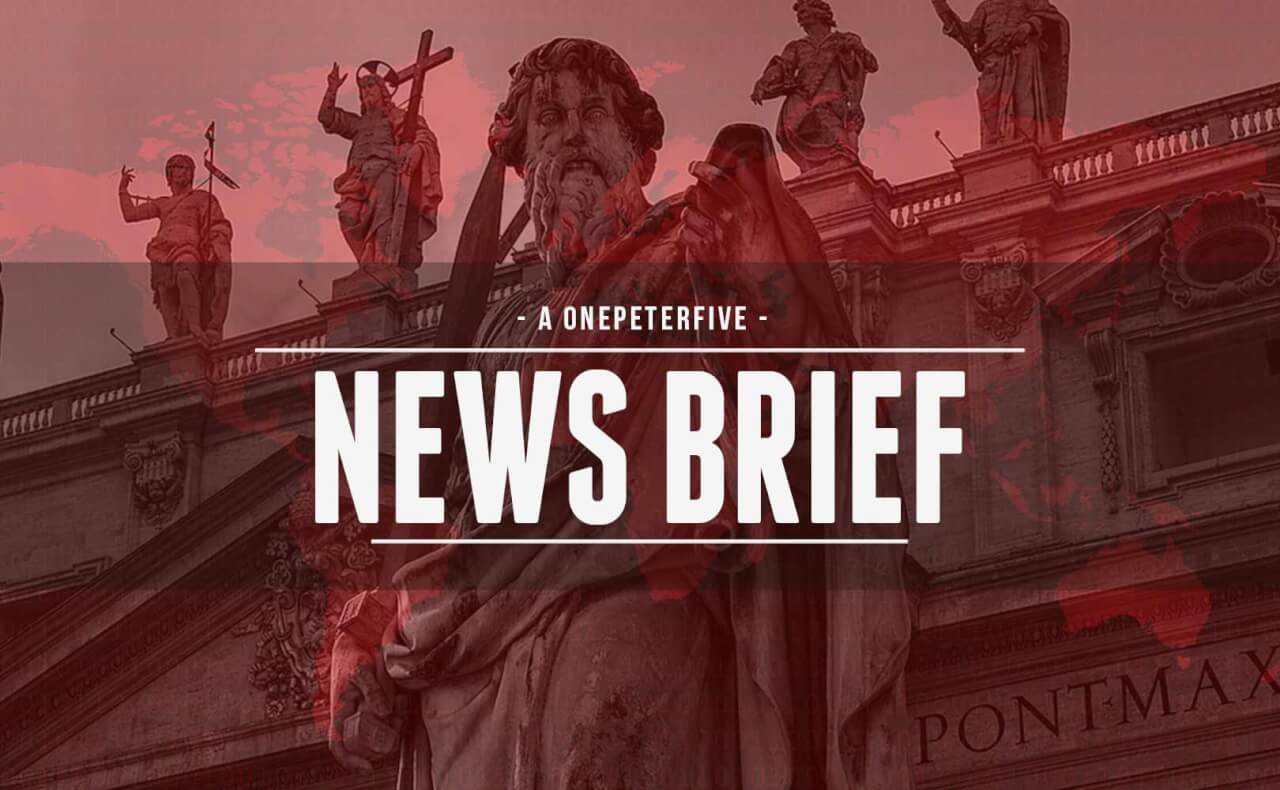|
Getting your Trinity Audio player ready...
|
Well, the latest shoot-from-the-hip blast from Tucho “Heal Me with Your Mouth” Fernández dropped today, and I had the sad impression that the anti-Catholic caricature of Dostoyevsky’s Grand Inquisitor had finally come to life.
In the story, Our Lord Jesus Himself appears in Spain in the days of High Christendom and works a miracle. He’s immediately arrested by the corrupt Grand Inquisitor who does not deny that He is Jesus Himself, but fearlessly condemns Him to burn at the stake, having sold his own soul to the devil.
The document, however, is not called “The Grand Inquisitor,” but “Norms for Proceeding in the Discernment of Alleged Supernatural Phenomena.” I was surprised to find that the term “apparition” occurs less than 10 times in the document, but some form of “phenomen-” occurs over 71 times.
Maybe we should think X-Files instead of High Russian literature.
But I think the Grand Inquisitor is still our hermeneutical key. Why? Well, without going into a deep analysis right now, let’s just take a look at some of the bullet points with our – as we say in the States – first blush: His Eminence, the “Kissing Cardinal” is telling everyone that:
- A local bishop no longer has the authority to declare an apparition to be “of supernatural origin.” That power will be reserved to the Holy See.
No surprise here!
We’ve got a The Dictator Pope who has been grabbing power from his own bishops for more than a decade at this point. This is actually the anti-Catholic caricature of Dostoyevsky in the first part of the book when the Russian monks are debating. The real villain enters here:
- Neither the Holy See nor the local bishop will declare an apparition to be “of supernatural origin.”
Ms. Montagna notes that the press conference did include a rare exception to this, but the import of the document itself is that the Grand Inquisitor is now running things for The Dictator Pope.
So even if Jesus Christ Himself appears in the flesh – which, as it turns out, will certainly happen eventually (and that’s a dogma called the Second Coming by the way, First Communicandi!) no bishop or Pope will be allowed to declare His Coming to be of “Supernatural Origin.”
Wow, did you read that right? Yes, you did.
Twice in the document, we get the tired old newspeak:
When considering such events, one should not overlook, for example, the possibility of doctrinal errors, an oversimplification of the Gospel message, or the spread of a sectarian mentality…
Among the negative criteria, one should carefully consider… A sectarian spirit that breeds division in the Church (emphasis added).
Well, I guess the Grand Inquisitor really is in charge of things now, because the Lord said,
Do not think that I came to send peace upon earth: I came not to send peace, but the sword. For I came to set a man at variance against his father, and the daughter against her mother, and the daughter in law against her mother in law. And a man’s enemies shall be they of his own household (Mt. x. 34-36).
The problem is that there is no distinction between Our Lord’s division and a truly schismatic and sinful attitude. So once again we have the wise words of Dietrich von Hildebrand playing themselves out:
The valuing of unity over truth plays a central role in the crisis of the Church; for the Church of Christ—the Holy, Roman, Catholic, Apostolic Church—is based on this fundamental principle: the absolute primacy of divine truth, which is the very primacy of God.[1]
I thought this document was going to allow Medjugorje so that the Vatican Bank would get bailed out by all the Medjugorje money. Maybe the Chinese Communists already did this.
But it seems to be much worse than that. At least Medjugorje seems to have real conversions. Now the document seems to silence God Himself, so that no bishop or Pope can approve the supernatural origin of Our Lord or Our Lady or some saint coming to encourage us through this chastisement.
Apparitions, it seems, now do not exist, and will not exist, including the Second Coming itself.
Thanks be to God – Fatima already happened.
“In the end, my Immaculate Heart will triumph.”
Stay tuned to OnePeterFive for more analysis next week.
T. S. Flanders
Editor
St. Paschal Baylon
Friday after the Octave of the Ascension
[1] Dietrich von Hildebrand, The Charitable Anathema (Roman Catholic Books: 1993), 1.


